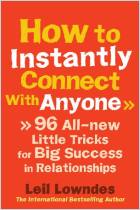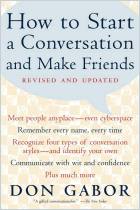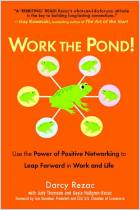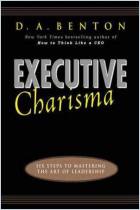
Recommendation
Do you avoid people because you’ve forgotten their names? Do you take a friend with you to events so you’re assured of knowing someone? You won’t need to worry about such social anxiety if you follow this easy guide to handling introductions, remembering names and asking questions that lead to good conversations and great relationships. Keith Rollag offers straightforward, practical techniques to help you – as a newcomer – move past crippling anxiety about new situations. Although his directives are clear, he knows that changing your patterns of interaction isn’t easy. He offers commonsense, clear techniques you can use to overcome social anxiety, starting with using “reflection and practice” to change your emotional responses and move past fear. Rollag emphasizes strong, interpersonal skills but and warns against becoming too attached to the Internet and social media. getAbstract recommends his advice for navigating new jobs and relationships to anyone who ever feels nervous in a social setting.
Summary
About the Author
Organizational researcher and consultant Keith Rollag is associate professor of management and chairperson of the management division at Babson College. He writes for The New York Times.


















Comment on this summary